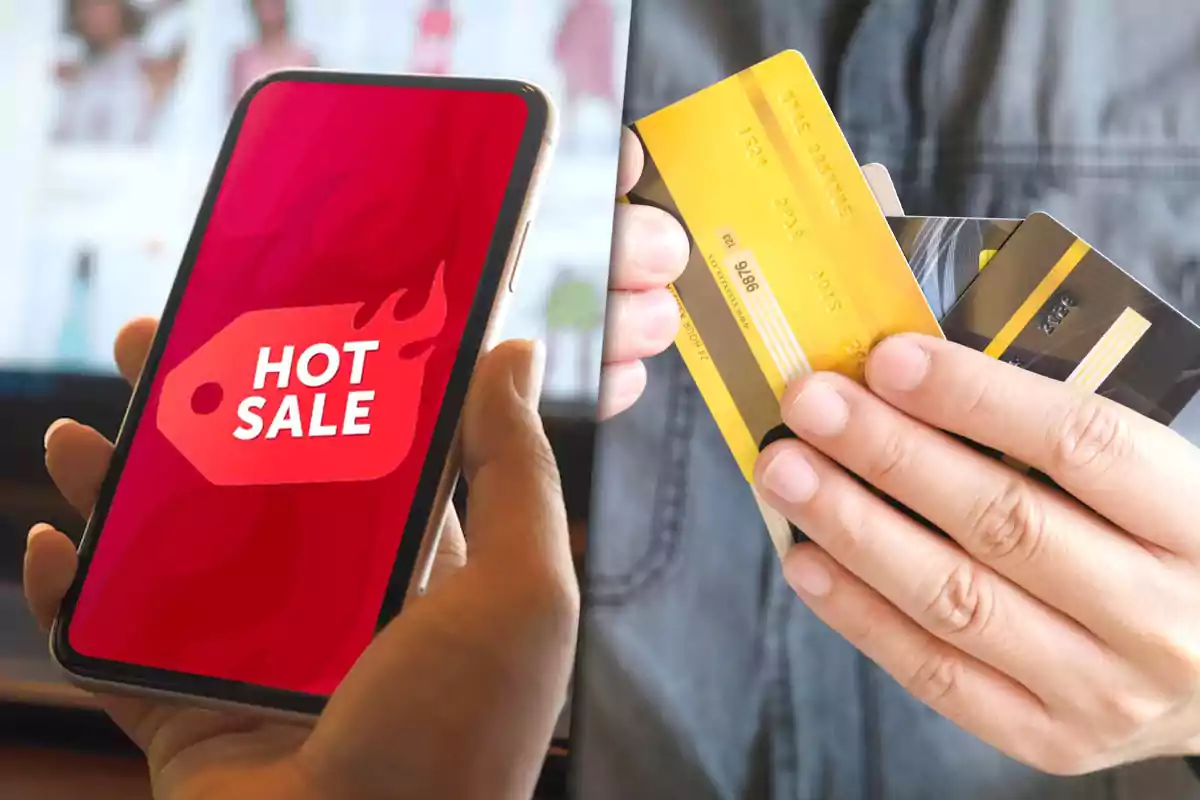
Hot Sale 2025: the most common scams and how not to fall into the trap
During the Hot Sale 2025, digital scams reappear. Learn about the most common ones and how to avoid them when shopping online
From May 12 to 14, a new edition of the Hot Sale takes place in Argentina. During those days, thousands of online stores launch attractive discounts on technology, clothing, and more.
But while many look for opportunities, cybercriminals take advantage to set up scams. Therefore, it is crucial to be alert and know the most common scams during events like this.

What scams are common during the Hot Sale?
According to cybersecurity experts, there are four types of fraud that repeat every year:
- Fake Google results with bogus stores.
- Phishing emails that mimic platforms like Mercado Libre.
- Hacked e-commerce stores or those created to scam.
- Fake social media profiles that simulate real sellers.
Identifying them and knowing how to act is the best way to shop with peace of mind.
1. Scams when searching for deals on Google
Why can Google show fake results?
Although it is not a store, many start their shopping from Google. But in the first results, fake sites disguised as legitimate may appear.

"Some ads are designed to look real. But if you look closely, there are clues that reveal the scam," explains Christian Ali Bravo, ESET specialist.
How to avoid falling for these scams?
- Check if it is an ad or an organic result.
- Carefully review the full URL and compare it with known sites.
- Don't trust deals that are too good.
- Look for comments or reviews on social media before proceeding.
2. Phishing on e-commerce platforms
How do scammers operate on sites like Mercado Libre?
During the Hot Sale, many receive fake emails that mimic Amazon, Mercado Libre, AliExpress, or Temu. They promise prizes or alert about suspicious activity to get the user to provide their data.

Another trap is inviting users to continue the purchase outside the platform under the pretext of a better price. This way, the scammer keeps the money, and the product never arrives.
How to avoid this type of fraud?
- Never continue the purchase outside the platform.
- Don't open links from suspicious emails.
- Verify the authenticity of the sender before interacting.
3. Independent online stores: hidden risks
What happens if I buy from a small store?
Some independent stores may be compromised without knowing it. A vulnerable site can be infected with malware that steals the user's payment data.

How to protect yourself in these cases?
- Check if the site has external reviews or active social networks.
- Ensure the connection is HTTPS.
- Use a virtual or prepaid card to reduce risks.
4. Scams on social media and fake profiles
How reliable are sales on Instagram or Facebook?
On social media, fake profiles proliferate, pretending to be official brands. They clone logos and names to appear real and contact users offering fake promotions.

They use techniques like scraping to identify interested users and then deceive them with personalized offers.
More posts: